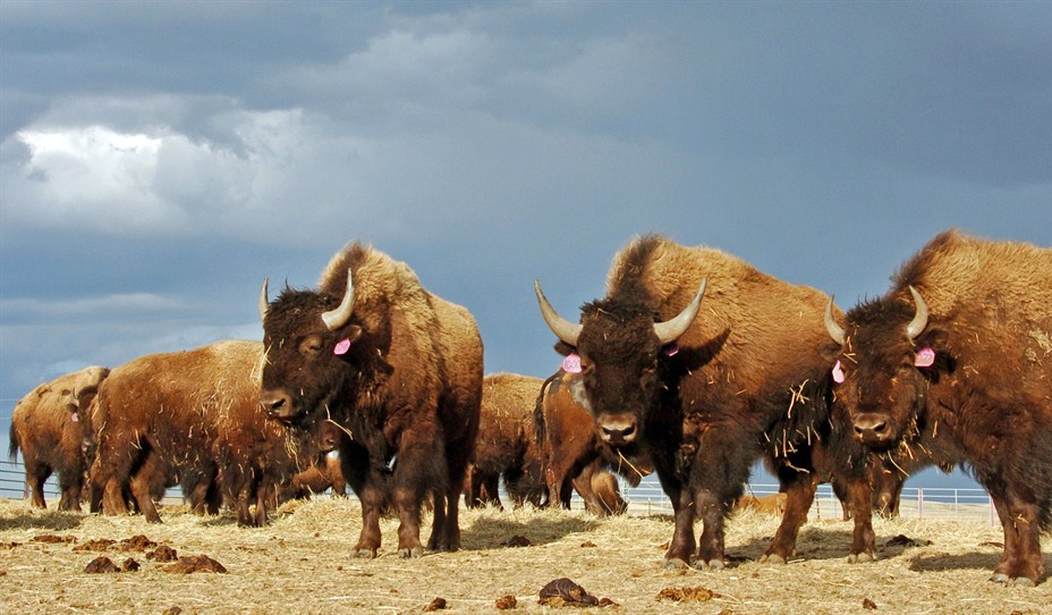In what could be a groundbreaking move, the Cherokee Nation has called on Congress to reform the 1885 federal Major Crimes Act, aiming to do away with the “Indian blood” requirement for criminal jurisdiction on tribal lands. This could be a significant step toward rectifying historical injustices faced by the descendants of previously enslaved black Americans, also known as “Freedmen,” who were owned by members of the tribe.
The Cherokee Nation’s effort highlights the complexities involving slavery and those who descend from those who were enslaved. It comes as the tribe is opening its arms to those whose ancestors were owned by its members.
Principal Chief Chuck Hoskin Jr. told Axios that the initiative is “about the United States respecting tribal sovereignty and, frankly, catching up with the Cherokee Nation in terms of equality for all of our citizens, including Cherokee citizens of Freedmen descent.”
The original Major Crimes Act requires that tribal citizens charged with a criminal offense on tribal land possess a certain level of “blood quantum” to be prosecuted in federal or tribal court instead of a state court.
The term “blood quantum” refers to a legal mechanism used to determine an individual's eligibility for membership or citizenship in a Native American tribe based on the percentage of their ancestor’s Native American blood. The concept was historically employed to define who could be considered to be a Native American for various purposes, including tribal enrollment, eligibility for benefits, and jurisdictional matters.
The jurisdiction issue garnered attention in June 2023 with the case of Michael J. Hill, a citizen of the Cherokee Nation who was prosecuted in state court due to the current interpretation of the law, which does not recognize Freedmen without sufficient blood quantum.
Early one morning in September 2020, Michael J. Hill called the police after hearing banging on the doors and windows of his home in Okmulgee, Okla. — part of a swath of the state that the Supreme Court had recently ruled to be tribal land.
He eventually realized it was a group of his friends, Mr. Hill later recalled in an interview, but the police had arrived and proceeded to arrest one of them, Aaron R. Wilson, for an outstanding warrant. Mr. Hill, 40, then got into an altercation with the police and was himself arrested after a struggle.
Mr. Hill and Mr. Wilson are both Black and citizens of Native American tribes in Oklahoma. They both moved to have their cases dismissed, arguing that as tribal members in tribal territory, they were outside the state’s criminal jurisdiction. Mr. Wilson’s case was dismissed, but Mr. Hill’s request was denied.
The key difference in the fate of the two men was race — specifically, a small degree of what is known in the courts as “Indian blood.” Mr. Wilson is one sixty-fourth Creek Indian. Mr. Hill is a citizen of the Cherokee Nation through ancestors called Freedmen — Black people who were enslaved by Native tribes. Because Mr. Hill’s ancestors did not have Indian blood, he was found in court not to be Indian.
Hill’s lawyer argued: “He’s a member of the Cherokee Nation. Yet when he steps in this courtroom, all of sudden he’s not.”
The tribe’s stance reflects not only a need for legal reform but also an acknowledgment of the historical complications involved. In 2020, the Supreme Court issued a ruling recognizing much of eastern Oklahoma as indigenous reservation land. Nevertheless, Freedmen like Hill still find themselves excluded from the protections to which they should be entitled.













Join the conversation as a VIP Member